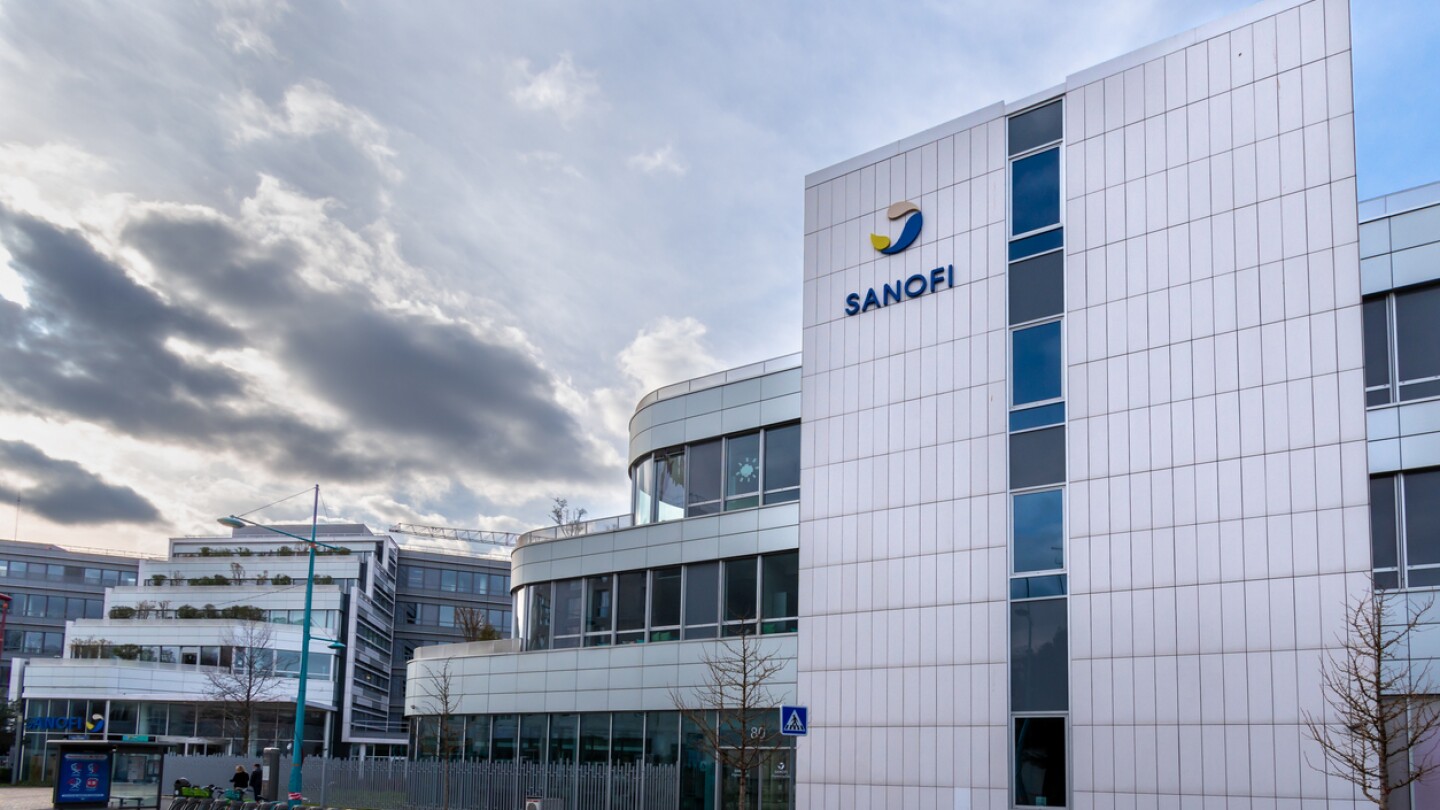Complete response letters
The rejection of Atara Biotherapeutics’ Ebvallo in January was a “complete reversal” of the conesensus FDA reviewers had come to, according to a former agency employee, who said manufacturing problems were the only approvability barrier for the drug.
FDA vouchers are normally a coveted prize for biopharma companies, but a surprise rejection for Disc Medicine’s rare disease drug has biopharma reconsidering.
The FDA in October 2025 granted bitopertin its Commissioner’s National Priority Voucher but after a shortened review time has decided the data did not support regulatory approval for treating erythropoietic protoporphyria.
The FDA recommended that REGENXBIO run a new study, treat more patients and include a placebo arm to support a resubmission for the gene therapy RGX-121.
Corcept’s relacorilant was rejected for hypercortisolism late last year—a decision which CEO Joseph Belanoff expressed surprise with at the time.
The DC-based biopharma disputed the FDA’s conclusions regarding the data provided in its supplemental application for Hetlioz and promised to keep pushing for an approval.
Last month, the FDA declined to approve Sanofi’s tolebrutinib for a specific form of multiple sclerosis. In a recently published complete response letter, the agency detailed its reasoning behind the rejection.
Both companies received agency requests for more evidence of the effectiveness of their therapies.
Biohaven is proposing troriluzole for the treatment of spinocerebellar ataxia, a group of rare, genetic diseases that lead to the progressive loss of control over movement.
Despite the rejection, analysts saw Regeneron’s use of an alternate filler for Eylea HD as a positive development, with BMO Capital Markets noting that this could signal the end of manufacturing troubles for the franchise.
PRESS RELEASES








